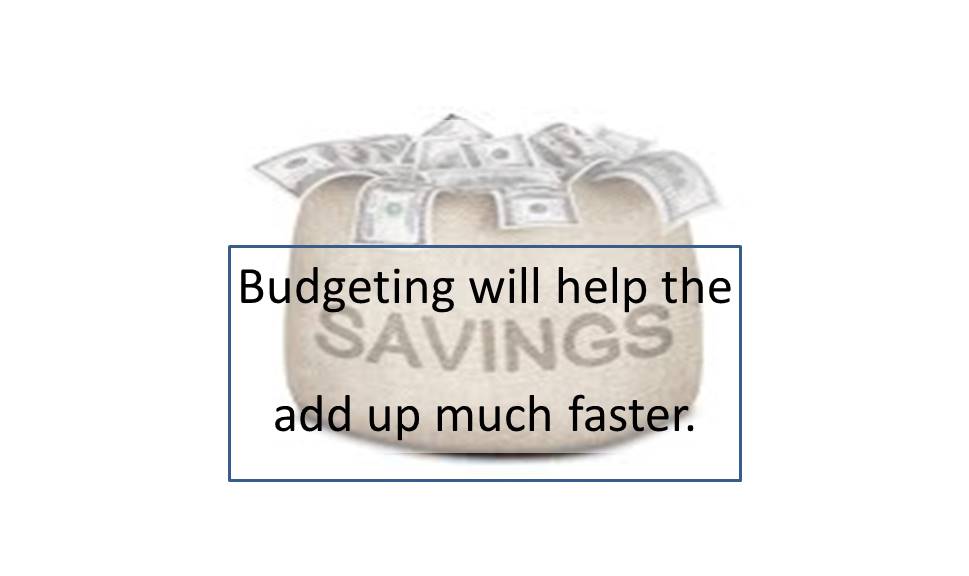Mastering the Art of Saving Money-some good habits you need…
Are you tired of feeling like your money is slipping through your fingers? Do you find yourself succumbing to spending habits that leave you with empty pockets and a sense of regret? It’s time to take control of your finances and master the art of saving.
In this article, we will explore effective strategies that will help you put an end to unnecessary spending once and for all. From creating a budget and setting financial goals to practicing mindful spending and adopting frugal habits.
We will provide you with actionable tips to transform your spending habits and build a solid financial foundation. Say goodbye to buyer’s remorse and hello to financial freedom. It’s time to take charge of your financial future and embrace the art of saving. Let’s get started on this exciting journey together!
The importance of saving money
Saving money is not just a financial goal; it’s a mindset and a lifestyle choice. By saving money, you are creating a safety net for yourself and your loved ones, preparing for unexpected expenses, and building a foundation for a secure future.
Saving money allows you to have more control over your life and choices, reducing stress and providing a sense of security. It also enables you to achieve your long-term goals, whether it’s buying a house, starting a business, or retiring comfortably.
Saving money can also give you the freedom to pursue your passions and live life on your terms. Instead of being trapped in a cycle of paycheck-to-paycheck living, saving money allows you to break free from financial constraints and explore new opportunities. It provides a sense of empowerment and opens doors to a world of possibilities.
Whether you want to travel the world, pursue further education, or support a cause you believe in, having savings gives you the flexibility and freedom to make choices that align with your values and aspirations.
More Tips on How to Save Money-
Setting financial goals
Setting clear financial goals is crucial for successful saving and budgeting. Without specific goals in mind, it’s easy to lose sight of why you’re saving and fall back into old spending habits.
When setting your financial goals, it’s important to make them specific, measurable, achievable, relevant, and time-bound (SMART). This framework ensures that your goals are realistic and actionable, increasing the likelihood of achieving them.
Start by asking yourself what you want to achieve financially in the short-term, medium-term, and long-term.
• Short-term goals can include paying off credit card debt, building an emergency fund, or saving for a vacation.
• Medium-term goals may involve saving for a down payment on a house or a car.
• Long-term goals can include retirement savings or funding your children’s education.
Write down your goals and attach a timeline and a monetary value to each one. This will give you a clear roadmap and a sense of purpose when it comes to saving.
It’s important to regularly review and reassess your financial goals to ensure they remain relevant and aligned with your values and aspirations.
Life circumstances may change, and new opportunities or challenges may arise. By regularly evaluating your goals, you can make the necessary adjustments and stay on track toward financial success.
Creating a budget *see a budget guide here
Creating a budget is a fundamental step toward mastering the art of saving. A budget helps you track your income and expenses, identify areas where you can cut back, and allocate your money toward your financial goals. It provides a clear picture of your financial health and empowers you to make informed decisions about how you spend and save.
• Start by gathering all your financial statements, including bank statements, credit card statements, and bills.
• Categorize your expenses into fixed expenses (such as rent, utilities, and insurance) and variable expenses (such as groceries, dining out, and entertainment).
Be thorough and include all expenses, no matter how small. This will give you a comprehensive view of your spending habits.
• Next, compare your income to your expenses. Are you spending more than you earn? If so, identify areas where you can cut back. Look for non-essential expenses that you can reduce or eliminate.
This may involve making small sacrifices in the short term to achieve your long-term goals. Be realistic and prioritize your needs over wants.
By creating a budget that aligns with your financial goals, you are taking control of your spending and paving the way toward financial freedom.
Tracking your expenses
Once you have created a budget, it’s important to track your expenses regularly. This will help you stay accountable and ensure that you are sticking to your budget. There are various methods you can use to track your expenses, from traditional pen and paper to mobile apps and online tools.
Choose a method that works best for you and make it a habit to record your expenses on a regular basis. This can be done daily, weekly, or monthly, depending on your preference.
Review your spending patterns and identify any areas where you may be overspending or deviating from your budget. This will allow you to make adjustments and stay on track toward your financial goals.
Tracking your expenses also helps you become more mindful of your spending habits. It forces you to pause and reflect on each purchase, making you more conscious of the value and impact of your spending decisions.
Over time, this mindfulness will become second nature, and you will develop a more intentional and purposeful approach to spending.
Rewarding yourself for saving
Saving money doesn’t mean depriving yourself of all pleasures. It’s important to reward yourself for your efforts and celebrate your milestones along the way.
Set aside a portion of your savings for small indulgences or treats. This can be a dinner at your favorite restaurant, a spa day, or a weekend getaway.
By incorporating rewards into your savings plan, you create a positive association with saving and motivate yourself to continue on your journey toward financial freedom.
However, it’s important to strike a balance between rewarding yourself and staying disciplined. Avoid using rewards as an excuse for impulsive spending or deviating from your budget. Plan your rewards in advance and make sure they are aligned with your financial goals.
Developing long-term saving habits
Saving money is not a one-time event; it’s a lifelong habit. To master the art of saving, it’s important to develop long-term saving habits that become ingrained in your daily life.
Start by automating your savings. Set up automatic transfers from your checking account to your savings account on a regular basis. This way, you don’t have to rely on willpower or remember to save; it happens automatically.
Another effective strategy is to pay yourself first. Treat savings as a non-negotiable expense, just like paying your rent or utility bills. Set a specific percentage of your income that you will save each month and prioritize it before anything else. Adjust your lifestyle and spending habits to accommodate your savings goals.
Lastly, practice gratitude and contentment. Recognize and appreciate what you already have instead of constantly striving for more.
Cultivating a mindset of gratitude can reduce the desire for material possessions and help you focus on what truly matters in life.
Conclusion
Mastering the art of saving is a journey that requires commitment, self-discipline, and a shift in mindset. Understanding the triggers behind how you spend means that you are setting clear financial goals.
By creating a budget, and practicing mindful spending, you can put an end to poor spending habits and build a solid financial foundation.
Remember, saving money is not about deprivation; it’s about making intentional and conscious choices that align with your long-term goals and values.
Embrace the art of saving, and you will open doors to a world of financial freedom and possibilities. Start today and embark on this exciting journey towards a brighter financial future.



